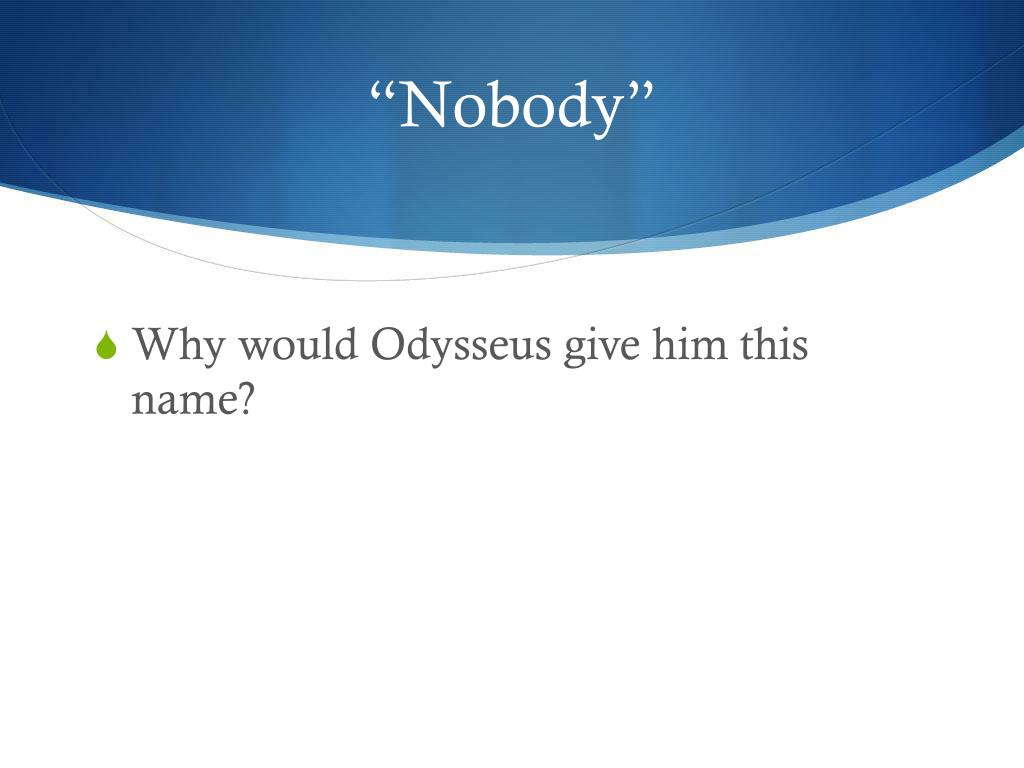Douglas Mercer
December 20 2024
You are correct, there is nobody there
Is it universal wisdom? or romantic psychology? It will always be impossible to know, for the good reason that all writing is itself this special voice, consisting of several indiscernible voices, and that literature is precisely the invention of this voice, to which we cannot assign a specific origin: literature is that neuter, that composite, that oblique into which every subject escapes, the trap where all identity is lost, beginning with the very identity of the body that writes
Simultaneous with the author’s death, the reader is born who writes meanings into the text. A deconstructive close reading dismantles the supposed unity and coherence of the text and leads to its explosion into multiplicity of meanings. The author’s demise and the subsequent discarding of the author’s intention, is very much an act of decentering, and it underscores the myth of the transcendental signified. Barthes described writing as a performative act and that every text is written here and now. A text unity lies not in its origin, but in its destination, which is the reader, who according to Barthes, is without history, biography, psychology; he is simply that someone who holds together in a single field all the traces by which the written text is constituted; he is, like the author, a function of the text.
The Death of the Author (French: La mort de l'auteur) is a 1967 essay by the French literary critic and theorist Roland Barthes (1915–1980). Barthes' essay argues against traditional literary criticism's practice of relying on the intentions and biography of an author to definitively explain the ultimate meaning of a text. Instead, the essay emphasizes the primacy of each individual reader's interpretation of the work over any definitive meaning intended by the author, a process in which subtle or unnoticed characteristics may be drawn out for new insight.
In his essay, Barthes argues against the method of reading and criticism that relies on aspects of an author's identity to distill meaning from the author's work. In this type of criticism against which he argues, the experiences and biases of the author serve as a definitive explanation of the text. For Barthes, however, this method of reading may be apparently tidy and convenient but is actually sloppy and flawed: To give a text an author" and assign a single, corresponding interpretation to it is to impose a limit on that text.
Outis (a transliteration of the Ancient Greek pronoun Οὖτις, meaning nobody or no one) is an often-used pseudonym that appeared famously in Classical Greek legends. Modern artists, writers, and others in public life have adopted the use of this pseudonym in order to hide their identity and it has been used for fictional characters as well. The Homeric hero Odysseus used the pseudonym Outis when he was fighting the Cyclops Polyphemus and the monster demanded his name. Odysseus replied instead that the pronoun was his name in order to trick the monster. After Odysseus had put out the monster's eye, Polyphemus shouted in pain to the other Cyclopes of the island. When they shouted back, inquiring whether Polyphemus was in danger, he replied that Nobody was trying to kill him, so presuming that he was not in any danger, none of them came to his rescue.
The classical examples of a concept art was one created solely in the mind’s eye of the creator, it was written on blank paper in invisible ink, it was staged in a city that does not exist, it was in a building that was not there on a street which had no name; no one was ever told about it so no one showed up, the interior of the piece was a bank of pure white walls that never materialized and silent music was played that no one ever heard; the critics remained mum on the subject and never wrote a word, and no advertisement were ever made nor tickets sold, and no crowds gathered for the non-existent ritual. But in the Avant Garde world of the mind comprised by no one or by nonentities, it is considered to be bleeding edge art and an example of frontier thinking though if pressed no one could say a thing about it because it had been totally forgotten and, for all intents and purposes and for all practical purposes it never was or, even better, might as well never have been.
Mallarme said that language is what speaks, and Burroughs said that language is a virus; Heidegger as well said it was not man who writes but language itself; that is language is trying to say something and if an author can find out what the message is he can write it down and then he will be speaking in Its name and so will speak with authority. This of course, given the very nature of things, will never happen for no one will be able to do it.





